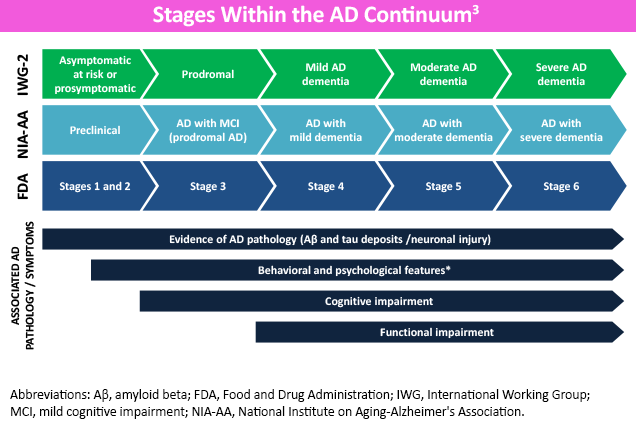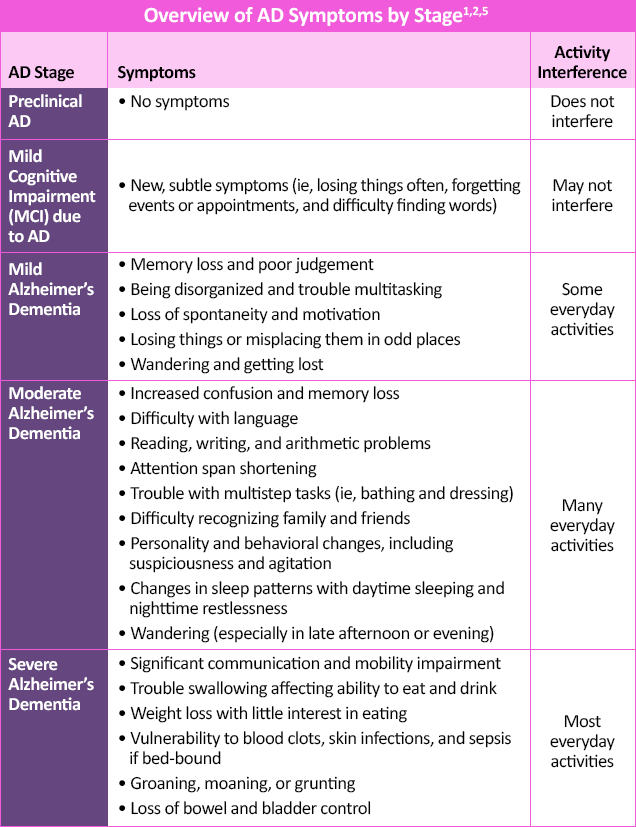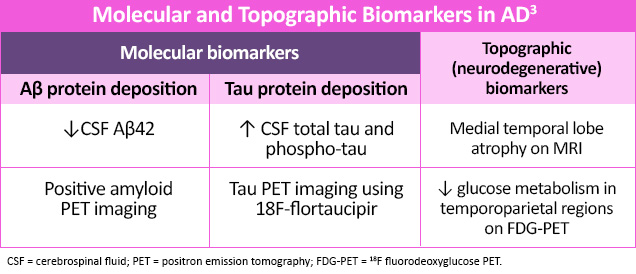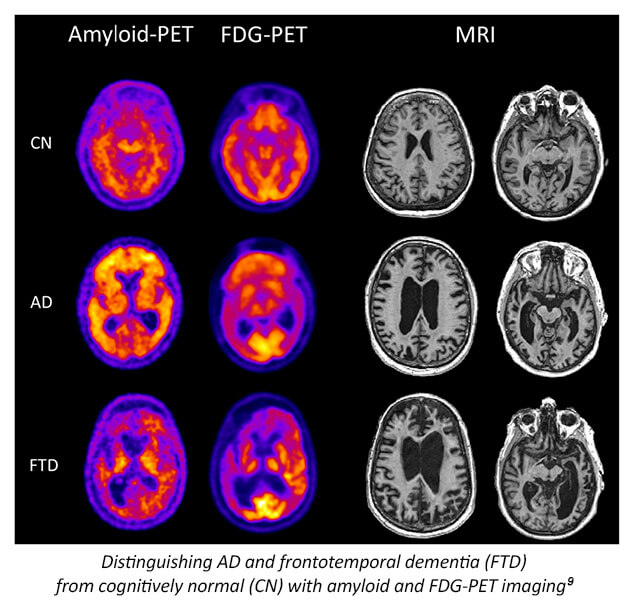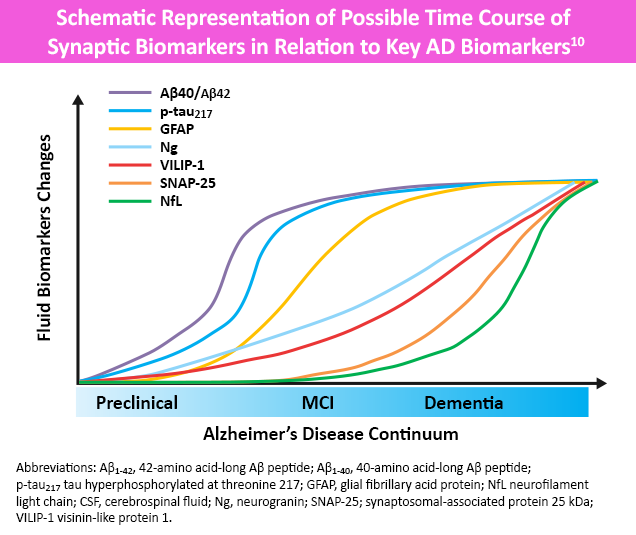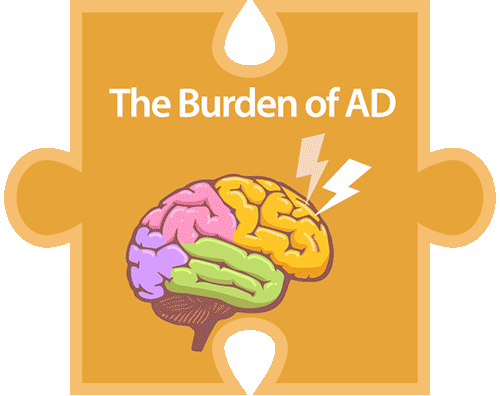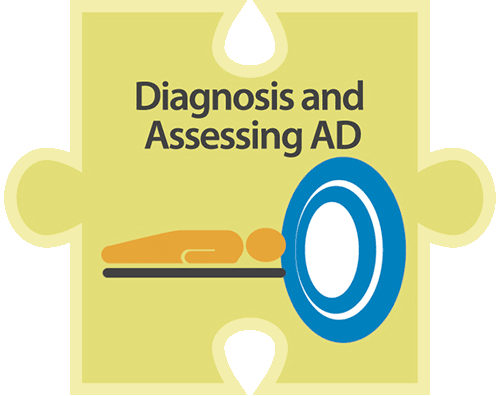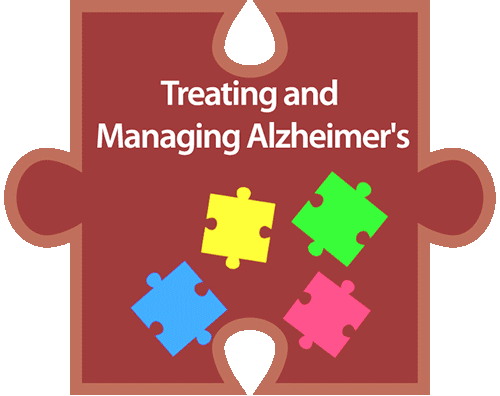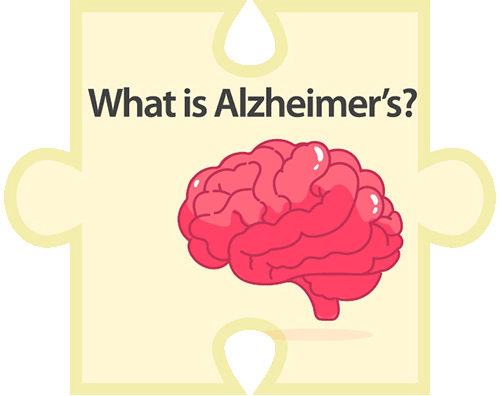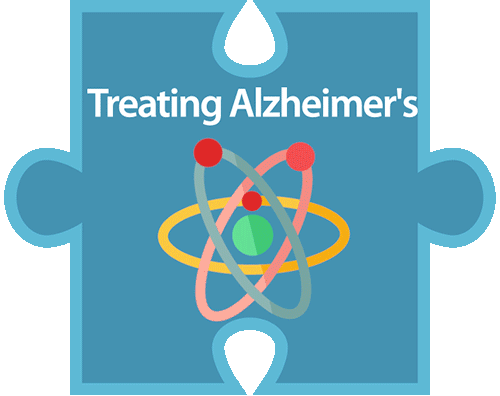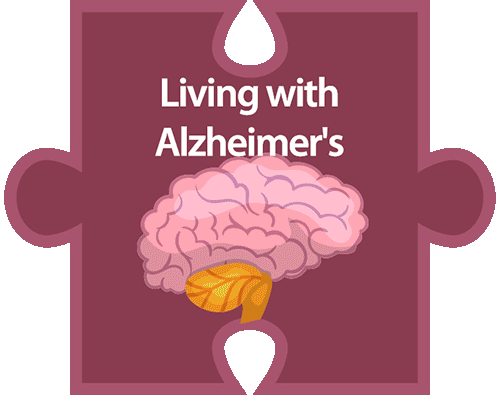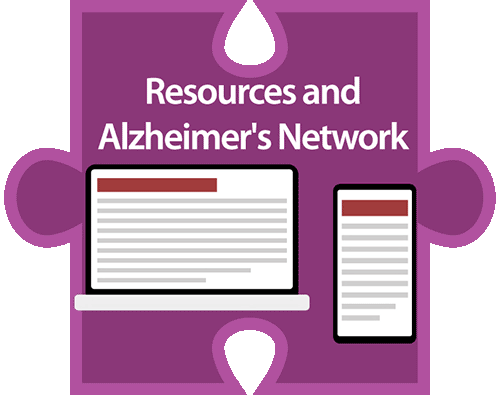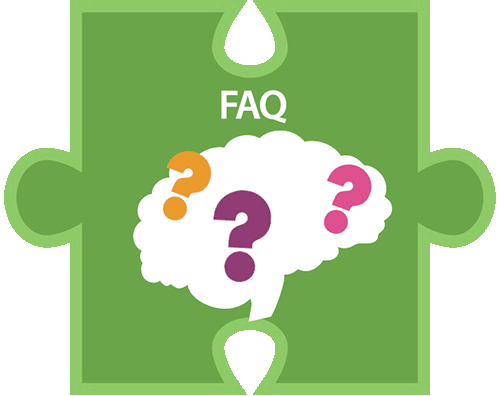Scientific Council

Marc Agronin, MD
Chief Medical Officer
Frank C. and Lynn Scaduto MIND Institute and Behavioral Health
Miami Jewish Health
Miami, FL
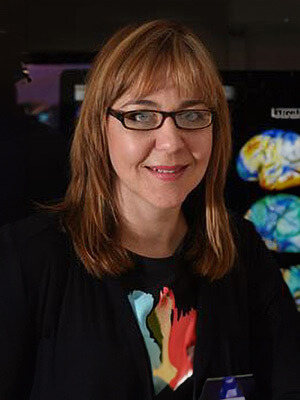
Liana G. Apostolova, MD, MSc, FAAN
Associate Dean of Alzheimer’s Disease Research
Indiana University Distinguished Professor
Barbara and Peer Baekgaard Professor of Alzheimer's Disease Research
Professor in Neurology, Radiology, Medical and Molecular Genetics
Indiana University School of Medicine
Department of Neurology
Indianapolis, IN

Alireza Atri, MD, PhD
Chief Medical Officer, Banner Research
Banner Alzheimer’s and Research Institutes
Pheonix, Sun City, and Tucson, AZ
Director, Banner Sun Health Research Institute
Sun City, AZ

Natalie Christian, MD
Assistant Professor, Geriatrics
Program Director, Geriatric Medicine Fellowship
Tulane University School of Medicine
Southeast Louisiana Veterans Healthcare System
New Orleans, LA

Ariel F. Cole, MD, FAAFP
Program Director, AdventHealth Geriatric Fellowship
Winter Park, FL

Brad Dickerson, MD, MMSc, FAAN, FANPA
Professor of Neurology, Harvard Medical School
Director, Frontotemporal Disorders Unit, Department of Neurology, Massachusetts General Hospital
Boston, MA

James M. Ellison, MD, MPH
Professor of Psychiatry and Human Behavior
Sidney Kimmel Medical College
Co-Director, Comprehensive Alzheimer’s Center
Vickie & Jack Farber Institute for Neuroscience
Thomas Jefferson University
Philadelphia, PA

Richard M. Dupee, MD, MACP, AGSF
Clinical Professor of Medicine
Tufts University School of Medicine
Clinical professor, Department of Public Health and Community Medicine, Tufts University
Chief, Geriatrics Service, Tufts Medical Center
Senior Physician, Pratt Diagnostic Center
Dean ex officio, Office of International Affairs, Tufts University School of Medicine
Boston, MA

James E. Galvin, MD, MPH
Professor of Neurology
University of Miami Miller School of Medicine
Miami, FL

David S. Geldmacher, MD
Professor and Director
Division of Memory Disorders and Behavioral Neurology
Department of Neurology
Heersink School of Medicine
University of Alabama at Birmingham
Birmingham, AL

George T. Grossberg, MD
Henry & Amelia Nasrallah Endowed Professor
Director of Geriatric Psychiatry
Department of Psychiatry & Behavioral Neuroscience
Saint Louis University School of Medicine
St. Louis, MO

Scott A. Kaiser, MD
Director of Geriatric Cognitive Health
Pacific Neuroscience Institute
Santa Monica, CA
Adjunct Professor
USC Leonard Davis School of Gerontology
Los Angeles, CA

Lynn E. Kassel, PharmD, BCPS
Associate Professor of Pharmacy Practice
Drake University College of Pharmacy & Health Sciences
Des Moines, IA

Diana R. Kerwin, MD, CPI
President, Kerwin Medical Center
Chief, Geriatric Medicine, Texas Health Presbyterian Hospital
Dallas, TX

Alka Khera, MD
Assistant Professor
UT Southwestern Neurology
Dallas, TX

Chi-Ying (Roy) Lin, MD, MPH, FAAN
Director, CurePSP Center of Care for PSP, CBD, and MSA
Assistant Professor of Neurology
Alzheimer's and Parkinson's Disease Centers
Baylor College of Medicine
Houston, TX

Catherine A. Madison, MD
Founding Director Ray Dolby Brain Health Center
San Francisco, CA

Scott McGinnis, MD
Assistant Professor of Neurology, Harvard Medical School
Center for Alzheimer Research and Treatment
Brigham and Women's Hospital
Frontotemporal Disorders Unit
Massachusetts General Hospital
Boston, MA

Mary Norman, MD
Geriatrician
Cedars-Sinai Medical Group
Los Angeles, CA

Kristin S. Meyer, PharmD, BCGP, FASCP
Professor of Pharmacy Practice
Drake University College of Pharmacy and Health Sciences
Des Moines, IA

Charles Montano, MD
Owner, Principal Investigator
CT Clinical Research
Cromwell, CT

Manisha Parulekar, MD, FACP, AGSF, CMD
Director, Division of Geriatrics
Co-director, Center for Memory Loss and Brain Health
Hackensack University Medical Center
Hackensack, NJ

Giulio Maria Pasinetti, MD, PhD
The Saunders Family Chair in Neurology, Professor in Neurology
Director, Mount Sinai Center in Advance Botanical Research in Molecular Integrative Neuroresilience
Icahn School of Medicine at Mount Sinai
New York, NY
Director, Basic and Biomedical Research and Training Program, Geriatric Research and Clinical Center
James J. Peters Department of Veterans Affairs Medical Center
Bronx, NY

Anton P. Porsteinsson, MD
William B. and Sheila Konar Professor of Psychiatry, Neurology,
Neuroscience, and Medicine
Director, Alzheimer’s Disease Care, Research and Education
Program (AD CARE)
University of Rochester School of Medicine and Dentistry
Rochester, NY

William D. Rhoades, DO, FACP
Chief Medical Officer
Advocate Good Samaritan Hospital
Downers Grove, IL

Barry W. Rovner, MD
Professor, Departments of Psychiatry & Neurology
Sidney Kimmel Medical College
Thomas Jefferson University
Philadelphia, PA

Marwan Noel Sabbagh, MD, FAAN, FANA
Moreno Family Chair for Alzheimer’s Research
Vice Chairman for Research and Professor
Department of Neurology
Barrow Neurological Institute
Phoenix, AZ

Martin J. Sadowski, MD, PhD
Zachary and Elizabeth M. Fisher Professor of Neurodegeneration and Alzheimer's Disease Professor of Neurology, Psychiatry, and Biochemistry & Molecular Pharmacology New York University Grossman School of Medicine Director, Fisher Center Alzheimer’s Clinical Trials Program New York, NY

Angela Sanford, MD, CMD
Associate Professor of Internal Medicine-Geriatrics
Saint Louis University School of Medicine
Ballwin, MO

Sharon J. Sha, MD, MS
Clinical Professor Clinical Professor Neurology and Neurological Sciences Stanford University Chief, Stanford Memory Disorders Center Stanford Medicine Health Care Palo Alto, CA

Paul E. Schulz, MD
Rick McCord Professor of Neurology
Umphrey Family Professor of Neurodegenerative Disorders
Director, Memory Disorders and Dementia Clinic
UTHealth Houston
Houston, TX

Neil Skolnik, MD
Professor of Family and Community Medicine
Sidney Kimmel Medical College
Thomas Jefferson University
Philadelphia, PA

Sandra Swantek, MD
Director, Section of Geriatric Psychiatry
RUSH University Medical Center
Chicago, IL

R. Scott Turner, PhD, MD
Professor of Neurology
Director of the Memory Disorders Program
Georgetown University
Washington, DC

Chuck Vega, MD, FAAFP
Health Sciences Clinical Professor
UC Irvine Department of Family Medicine
Director, UCI Program in Medical Education for the Latino Community
University of California Irvine
Irvine, CA

Geoffrey C. Wall, PharmD, FCCP, BCPS
John R. Ellis Distinguished Chair of Pharmacy Practice
Professor of Clinical Sciences
Director, Drake Drug Information Center
Drake University College of Pharmacy and Health Sciences
Internal Medicine Clinical Pharmacist
Iowa Methodist Medical Center
Des Moines, IA

David A. Wolk, MD, FAAN
Professor of Neurology
Director, Penn Alzheimer’s Disease Research Center
University of Pennsylvania
Philadelphia, PA

